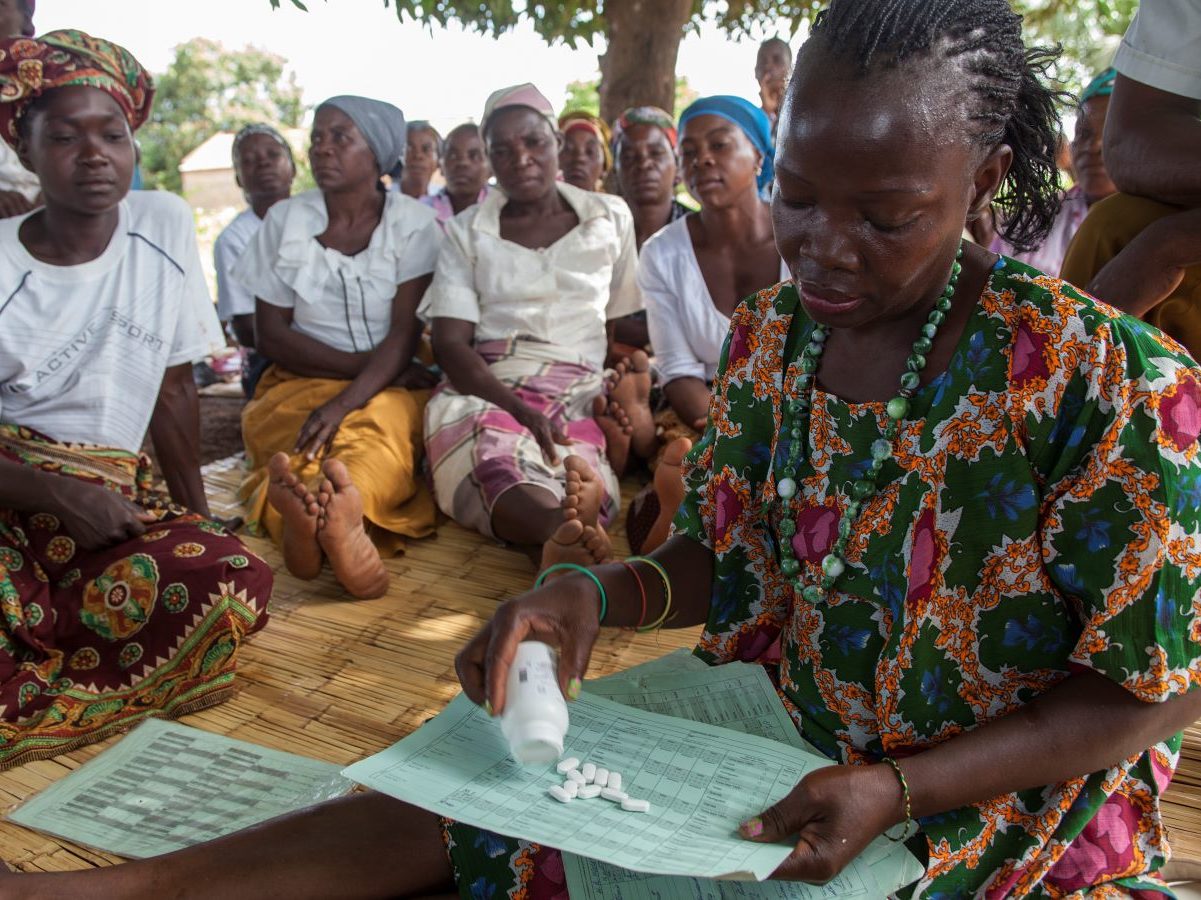Hatcher AM, Brittain K, Phillips TK, Zerbe A, Abrams EJ, Myer L. Longitudinal association between intimate partner violence and viral suppression during pregnancy and postpartum in South African women. AIDS. 2021 Apr 1;35(5):791-799. doi: 10.1097/QAD.0000000000002796. PMID: 33587440; PMCID: PMC7969405.
Abstract
Objective: We examined the longitudinal association between women’s exposure to intimate partner violence (IPV) and HIV viral load during pregnancy and postpartum.
Design: Secondary analysis of an HIV-positive cohort enrolled during pregnancy at a South African antenatal clinic.
Methods: Viral load was assessed at 10 study visits and analyzed continuously as log10 copies/ml and suppression at less than 50 copies/ml. IPV was measured at three timepoints using behaviorally specific items. We used multivariate logistic regression to examine the association between IPV and viral suppression, and cross-lagged dynamic panel modeling (DPMs) to estimate the longitudinal association between IPV (lagged by 3–6 months) and log10 viral load.
Results: Of 471 women, 84% were virally suppressed by 6 weeks postpartum and 67% at 12 months postpartum. One-third reported IPV exposure. IPV victimization was not associated with viral suppression at delivery, but was associated with a reduced odds of viral suppression at 12 months postpartum (aOR = 0.48, 95% CI = 0.27–0.85). Findings were robust to sensitivity analyses at different timepoints and clinical cut-points. In DPMs, lagged IPV exposure was associated with higher log10 viral load after controlling for past viral load, duration on ART, age, alcohol use, and gestation at study enrolment. Each standardized increase in IPV intensity was associated with higher log10 viral load (standardized coefficient = 0.12, 95% CI = 0.05–0.23).
Conclusion: Although viral suppression was widely achieved during pregnancy, suppression rates declined postpartum in this South African cohort. These data suggest IPV is longitudinally associated with elevated viral load postpartum. Interventions for reducing exposure to IPV are important for the health of women and may improve HIV care and treatment.









